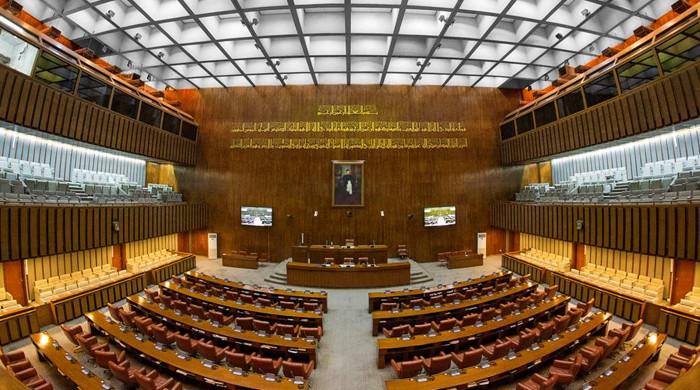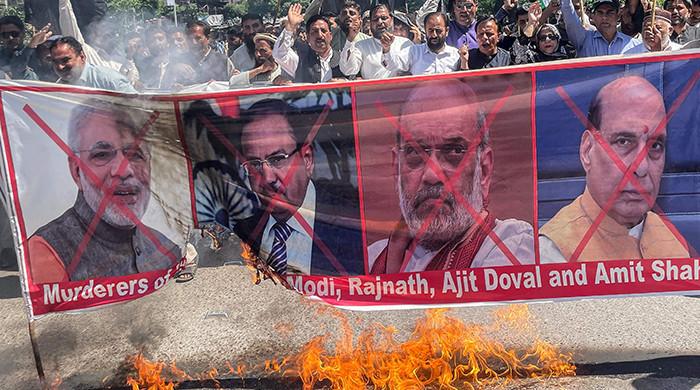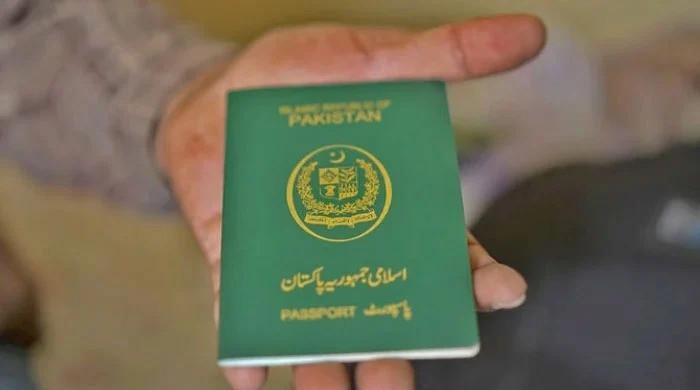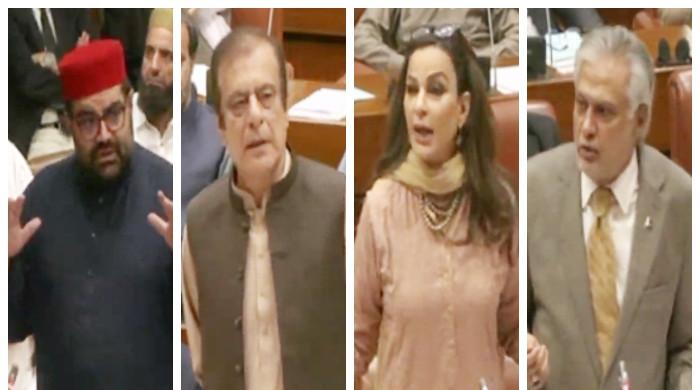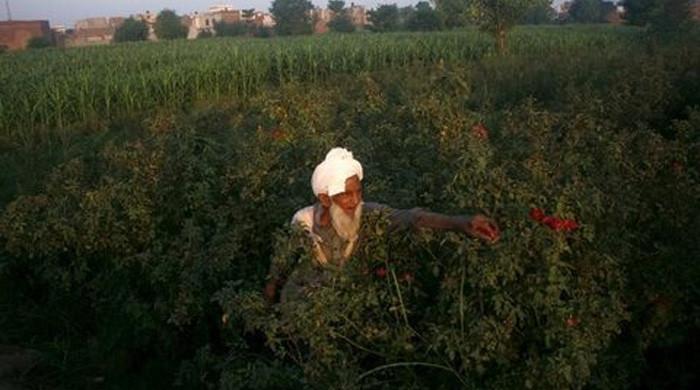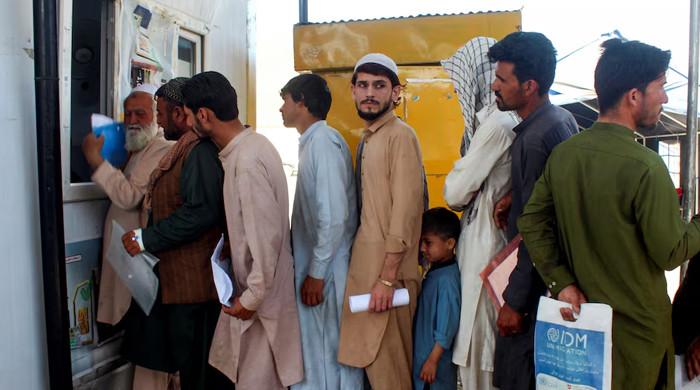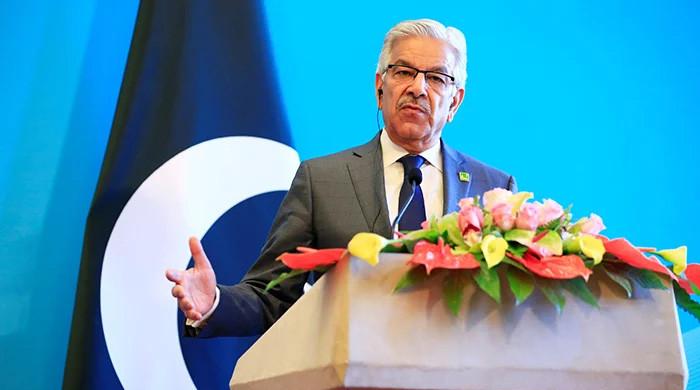Explainer: How is Pakistan's airspace closure going to affect India?
Hundreds of Indian flights need to be rerouted; fallout far heavier for India than Pakistan
April 25, 2025
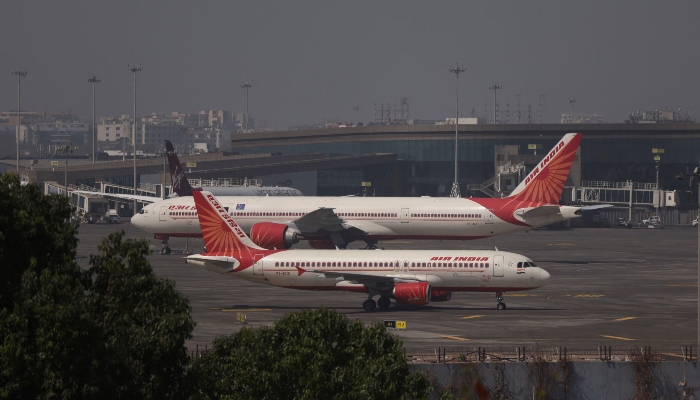
Pakistan’s closure of its airspace to Indian-owned and Indian-operated aircraft has dealt a far heavier blow to India compared to the cost Pakistan has to bear because of the closure of Indian airspace to its flight operations.
Closure of Pakistani airspace is disrupting hundreds of Indian flights, increasing fuel and transit costs, and forcing long-haul carriers to make costly mid-route stops for refuelling
Pakistan took the step during a National Security Committee (NSC) meeting after India resorted to frivolous measures following an attack in Indian Illegally Occupied Jammu and Kashmir.
The restriction, effective from April 24 to May 23, applies to both commercial and military aircraft and follows rising tensions between the two nuclear-armed neighbours.
As many as 200 to 300 Indian flights cross Pakistani airspace daily, many on long-haul routes from cities such as Delhi, Mumbai, Amritsar and Ahmedabad to Europe, the Middle East, and North America.
In comparison, Pakistan had only one eastbound flight affected, which can be successfully rerouted through China. Since Pakistan had already significantly reduced its Far East operations, there is little to no impact on Pakistan.
Within hours of the closure, several Indian flights were forced into costly mid-journey detours: an Air India Toronto-Delhi flight landed in Copenhagen for refuelling, while flights from Paris and London made unplanned stops in Abu Dhabi.
A Sharjah-Amritsar flight was rerouted before entering Pakistan, and other aircraft were forced to land in Ahmedabad for extra fuel.
This is not the first time Pakistan has closed its airspace in response to Indian actions. Similar restrictions were imposed during the 1999 Kargil conflict and again in 2019 following the Pulwama attack. On both occasions, the consequences were more severe for India than Pakistan.
In 2019, Pakistan had also closed its airspace to foreign airlines flying into India, a step that significantly widened the disruption.
The airspace closure comes amid a rapid escalation of hostilities between India and Pakistan following the deadly attack on Indian tourists in the Baisaran Valley of Pahalgam, IIOJK. New Delhi has accused Islamabad of involvement, though it has yet to provide any evidence.
Pakistan has firmly rejected the allegation, labelling it “frivolous” and “devoid of rationality”.
The fallout has been swift and sweeping. India has suspended the Indus Waters Treaty, triggering outrage in Pakistan. In response, both countries have expelled senior diplomatic staff and suspended bilateral agreements.
Additionally, special South Asian visa schemes that enabled travel between the two nations have been halted. Trade and transit routes to and from third countries through each other's territory have also been blocked, effectively freezing any remaining avenues of engagement.
Federal Information Minister Attaullah Tarar said the closure of airspace is expected to inflict millions of dollars in losses on Indian airlines.




